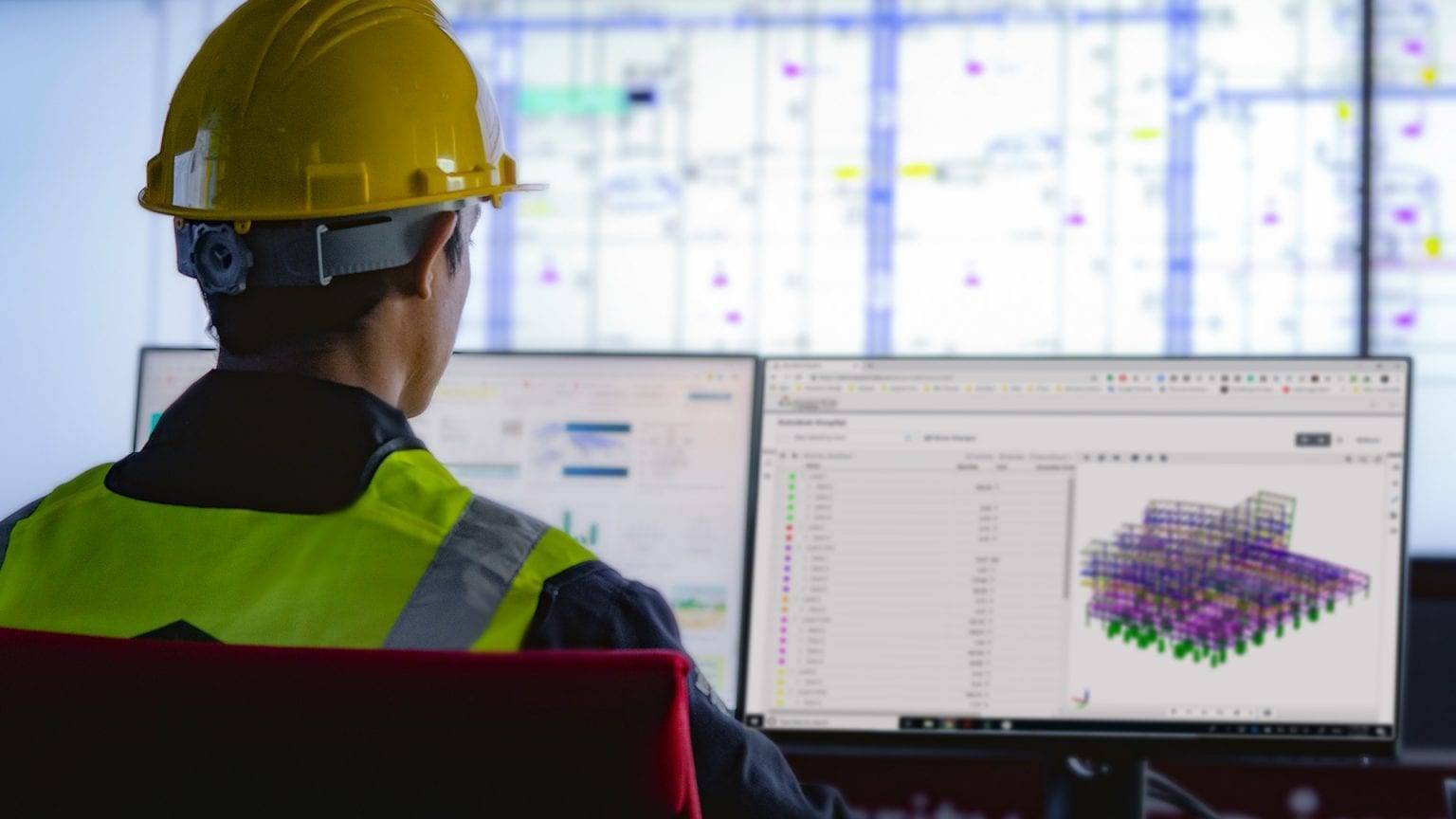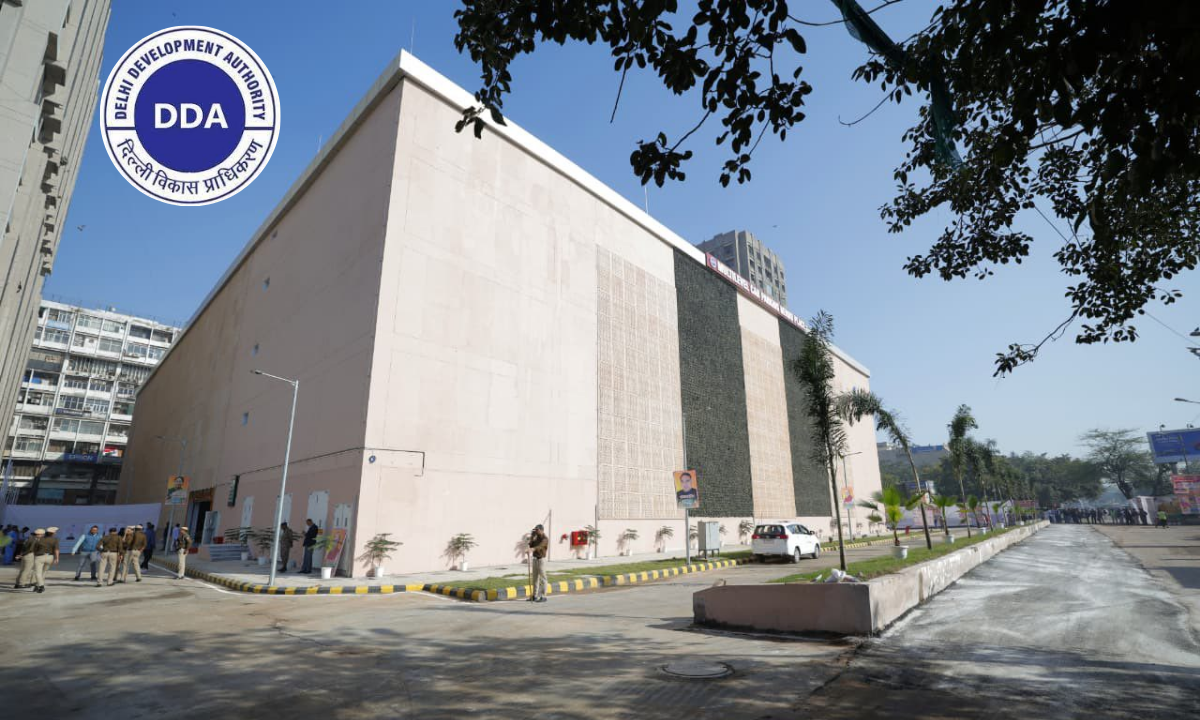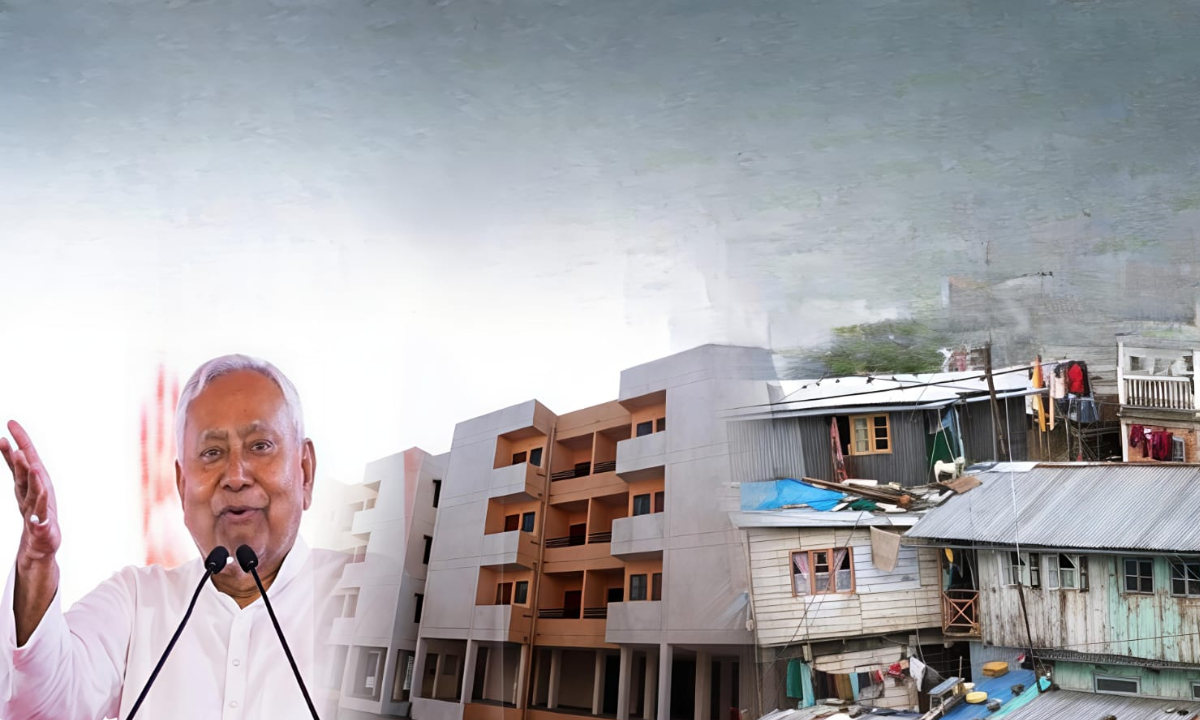New Delhi, Nov 20 (PTI): Raheja Developers has approached the National Company Law Appellate Tribunal (NCLAT) to challenge the insolvency proceedings initiated by the National Company Law Tribunal (NCLT) against the company over its Shilas project in Sector 109, Gurugram. This development comes after over 40 flat buyers alleged a ₹112.90 crore default due to delays in possession of their units.
On Tuesday, the Principal Bench of the NCLT admitted the plea filed by the buyers, initiating a Corporate Insolvency Resolution Process (CIRP) against Raheja Developers. The tribunal appointed an Interim Resolution Professional (IRP), suspended the company’s board of directors, and placed it under moratorium protection as per the Insolvency and Bankruptcy Code (IBC). The IRP has been instructed to submit a progress report on the CIRP by January 22, 2025.
NCLT’s Findings on the Default
The tribunal noted that Raheja Developers had failed to deliver possession of flats within the agreed timeframe, which was initially between 2012 and 2014, with a six-month grace period. Buyers who had paid over 95% of the total sale price, and in some cases 100% of the demanded amounts, had yet to receive possession of their flats, despite multiple extensions.
The NCLT emphasized that the company’s actions constituted a “debt due and default.” The 29-page order detailed that delays in possession, acknowledged through emails and other communications, violated the Flat Buyers Agreement and could not be justified under the IBC provisions.
Raheja Developers’ Defense
Navin Raheja, Chairman & Managing Director of the company, argued that the delays were due to force majeure events, including legal disputes with government departments and other external challenges. The company contended that these events were beyond its control and were covered under the agreement signed with the buyers.
Additionally, Raheja Developers claimed that the petition was invalid because the number of complainants constituted less than 10% of the total buyers, a requirement for such cases under the IBC.
NCLT Rejects Force Majeure Claim
The NCLT rejected these defenses, stating that the delays could not be classified as force majeure. The tribunal noted that compliance with statutory requirements such as obtaining no-objection certificates (NOCs), clearances, and occupancy certificates is a routine responsibility of developers and does not qualify as unforeseeable circumstances.
“The hurdles cited by the company, including litigation with government departments, do not amount to force majeure,” the NCLT ruled. The order further added that the company cannot absolve itself of liability by citing routine operational challenges as extraordinary events.
Previous Insolvency Cases Against Raheja Developers
This is not the first time Raheja Developers has faced insolvency proceedings. In 2019, similar proceedings were initiated over delays in its Raheja Sampada project. However, those proceedings were set aside in January 2020, as the delays were attributed to external factors such as delays in obtaining government approvals, which were deemed beyond the company’s control.
Appeal to NCLAT
Following the NCLT’s order, Raheja Developers has now approached the NCLAT to overturn the decision. The appeal was presented before a three-member NCLAT bench led by Justice Rakesh Kumar Jain, which has scheduled the matter for hearing on Thursday.
The outcome of the NCLAT hearing will have significant implications for the future of the Shilas project and the overall financial health of Raheja Developers. If the insolvency process proceeds, the company may undergo restructuring under the supervision of the IRP, potentially impacting its operations and other projects.
Impact on Homebuyers and the Real Estate Sector
The case highlights ongoing challenges in the real estate sector, where delays in project delivery continue to cause financial and emotional distress to homebuyers. The decision by the NCLAT will be closely watched, as it may set a precedent for other similar disputes between developers and buyers.
The next hearing is expected to shed light on the company’s defense and the steps it plans to take to resolve the grievances of its buyers.









.png)